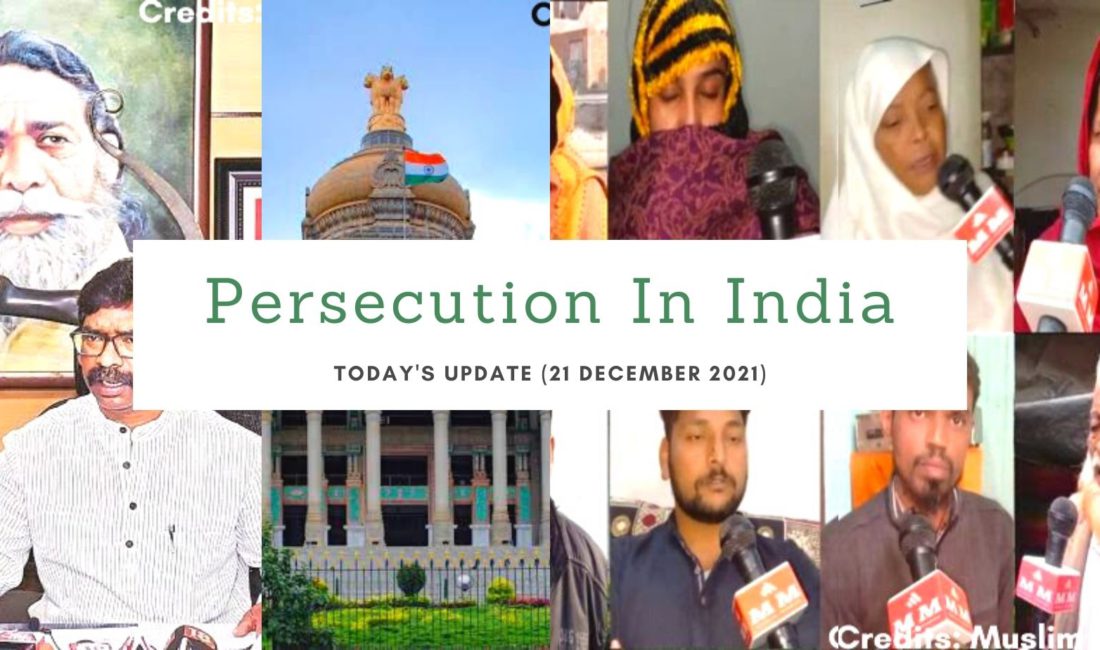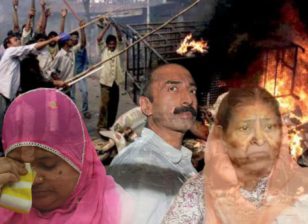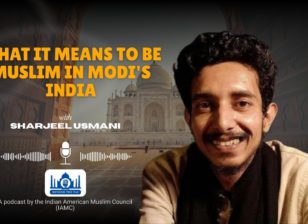Uttar Pradesh Government Admits No Criminal Complaints Against Policemen Who Killed 22 Muslims Two Years Ago
The life of a Muslim is worth nothing in today’s India. In Uttar Pradesh state, not one policeman has been charged for the police killings of 22 Muslims, many of whom were peacefully and nonviolently protesting against the Citizenship (Amendment) Act (CAA), an anti-Muslim discriminatory law.
The deaths took place over a single day two years ago today, December 21 as the police fired, often to kill, at tens of thousands of protesters.
The Uttar Pradesh government, which is ruled by the Hindu right-wing Bharatiya Janata Party (BJP), has admitted in a statement before the state’s High Court that it had not even filed a First Information Report (FIR), the preliminary complaint in the Indian criminal justice system, in the killing of the 22 Muslims. Hence, the government has told the court, it hasn’t even investigated these homicide cases.
The CAA, brought by Prime Minister Narendra Modi’s government in December 2019, has been widely criticized across the world. The United States Commission on International Religious Freedom (USCIRF) has described the law as “part of an effort to create a religious test for Indian citizenship and could lead to the widespread disenfranchisement of Indian Muslims.”
“I can’t forget my son yelling and whining in pain on road after he was hit by police bullet,” Shareef, a Muslim man, says remembering the death of his 30-year-old son, Raees, who was killed in police firing at Kanpur that day. “Life has become hell. The police harass us time and again, abuse us, force us to withdraw complaints and warn us of consequences.”
Jharkhand Enacts Anti-Mob Lynching Law; BJP Calls It Appeasement Of Muslims
The Jharkhand state legislature has enacted a new law to combat escalating mob violence against Muslims that often leads to their lynchings. Such laws have already been passed in two other states, West Bengal and Rajasthan.
Not surprisingly, the BJP’s legislators opposed the enactment of the law, calling it an appeasement of the minorities.
The Hindu extremist vigilante mobs that go around the country kiling Muslims on a daily basis are widely drawn from the party’s cadres. The BJP itself is an offshoot of the 96-year-old Hindu extremist paramilitary, the Rashtriya Swayamsevak Sangh (RSS), which aims to turn India into a Hindu supremacist state with severely restricted rights for its non-Hindus, especially Muslims and Christians.
All the three states that have passed laws against mob lynching are ruled by non-BJP parties. The Jharkhand law provisions for jail terms from three years and above, besides fine and attachment of properties, for those found guilty of violence.
Karnataka Legislature Begins Discussion On Anti-Christian, Anti-Muslim Anti-Conversion Law
In Karnataka state, the BJP-led government has brought a controversial anti-conversion bill to the state legislature that squarely aims to target Muslims and Christians and implicate them in false criminal cases to harass them.
The bill fraudulently proposes protection of right to freedom of religion and prohibition of unlawful conversion from one religion to another by misrepresentation, force, undue influence, coercion, allurement or by any fraudulent means and for the matters connected therewith or incidental thereto.
In reality, its provisions are so broad that they government will without doubt abuse them to crackdown on the religious minorities merely for being a Christian or a Muslim.
“No person shall convert or attempt to convert, either directly or otherwise, any other person from one religion to another by use or practice of force, undue influence, coercion, allurement or by any fraudulent means or by any other means or promise of marriage, nor shall any person abet or conspire such conversion,” the bill says.
“Allurement” includes any gift, easy money or material benefit either in cash or kind; employment, free education in school or college run by any religious body; promise to marry or portraying practice, rituals and ceremonies or any integral part of a religion in a detrimental way vis-a-vis another religion; or glorifying one religion against the another religion, according to the bill.




